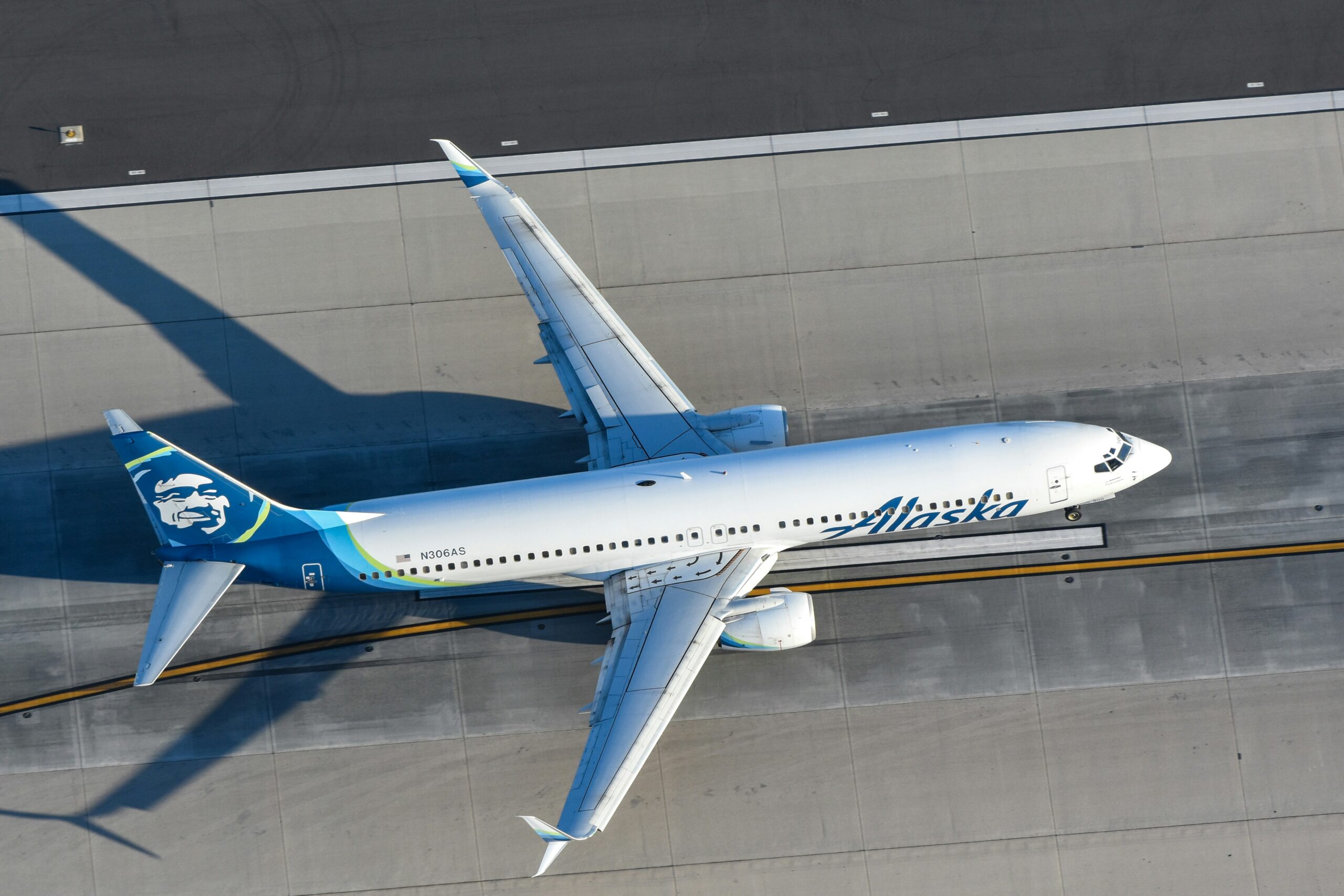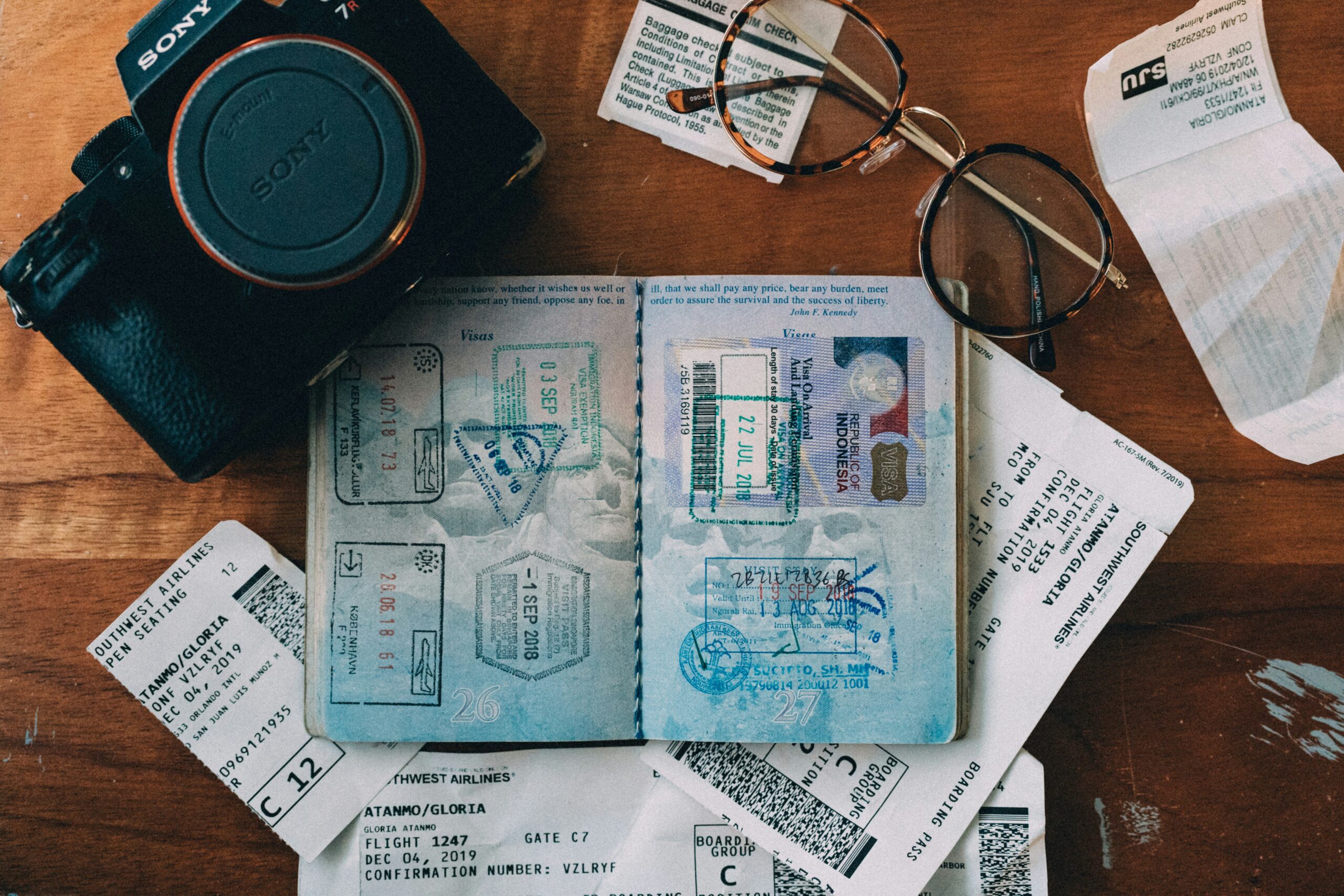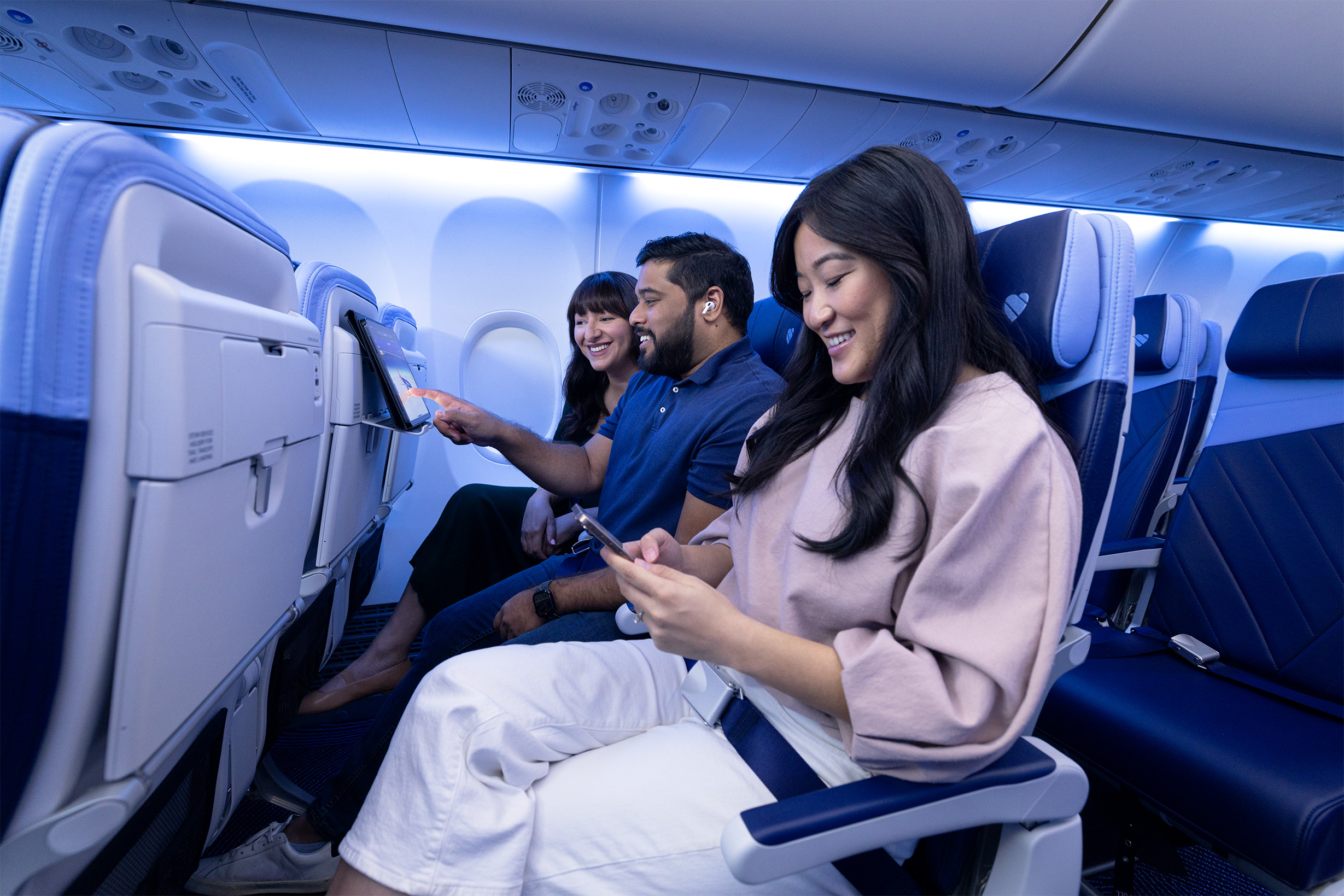Delta Bets Big on AI for Ticket Pricing—But Is It Fair to Travelers?
One in five Delta airfares could be set by AI by the end of 2025, raising fears about discrimination
by Lauren Smith
July 21, 2025
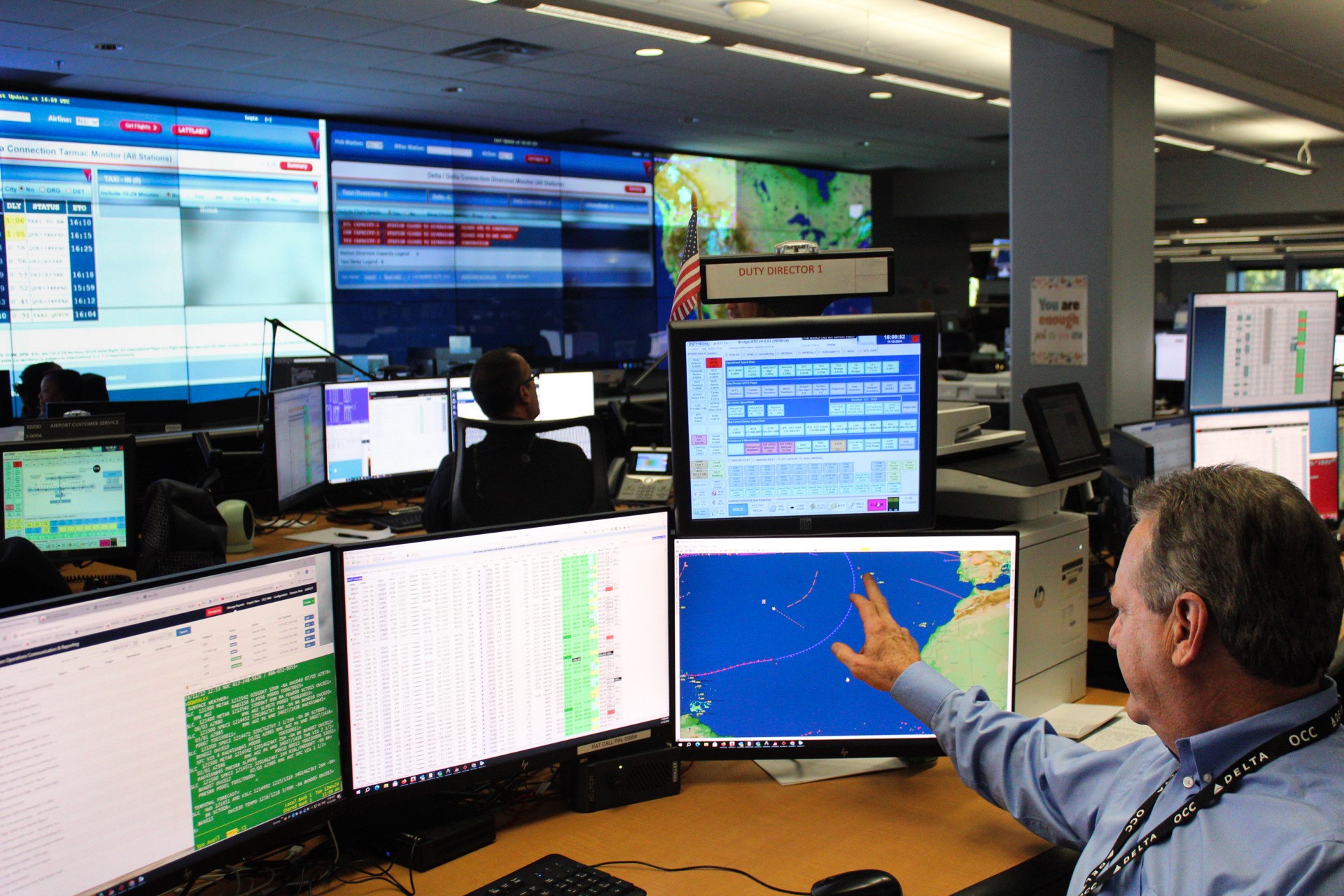
Photo: Courtesy of Delta Air Lines
By the end of the year, 20 percent of Delta Air Lines‘ fares could be determined by artificial intelligence (AI) as the airline rapidly advances its contentious strategy to eliminate static pricing. Currently, approximately 3 percent of the airline’s flight prices are set by AI through a pilot program that has resulted in “amazingly favorable unit revenues,” according to Delta President Glen Hauenstein, who shared this information with investors.
The project harnesses technology from Israeli GenAI pricing startup Fetcherr. At a November investor’s day, Hausenstein compared the AI to “a super analyst… working 24 hours a day, seven days a week and trying to simulate [in] real time, what should the price points be?”
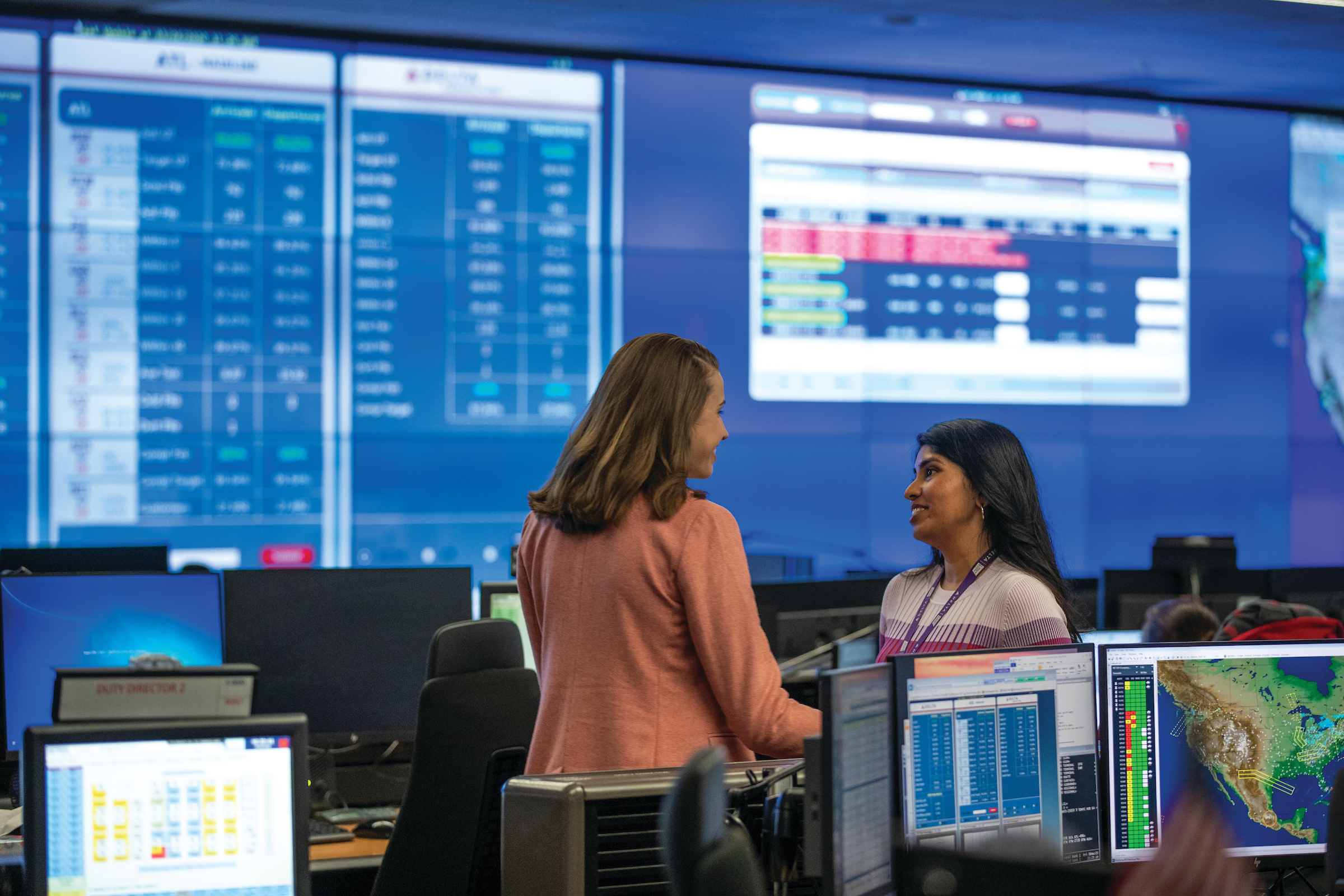
Photo: Courtesy of Delta Air Lines
“This is a full reengineering of how we price and how we will be pricing in the future,” he said. Delta hopes to eventually have “a price that’s available on that flight, on that time, to you, the individual.”
Delta is now ramping up the programme and will set a fifth of its fares with AI by the end of the year, part of a “multiyear” process to scrap static pricing entirely.
AI pricing could be discriminatory
Dynamic pricing is hardly new to the aviation industry. Passengers in adjacent, comparable seats may have paid radically different prices for the same service, based on how far in advance they booked their tickets, if they used a travel agent or comparison website, and their location at the time of booking.
Airlines have also experimented with more personalized pricing, tailoring fares based on a traveler’s behaviour, including their browsing history, purchase history, clicks, abandoned carts, and even the browser or device they use.
AI enables airlines to systemise and expand differential pricing practices, and consumers could end up suffering, critics warn.
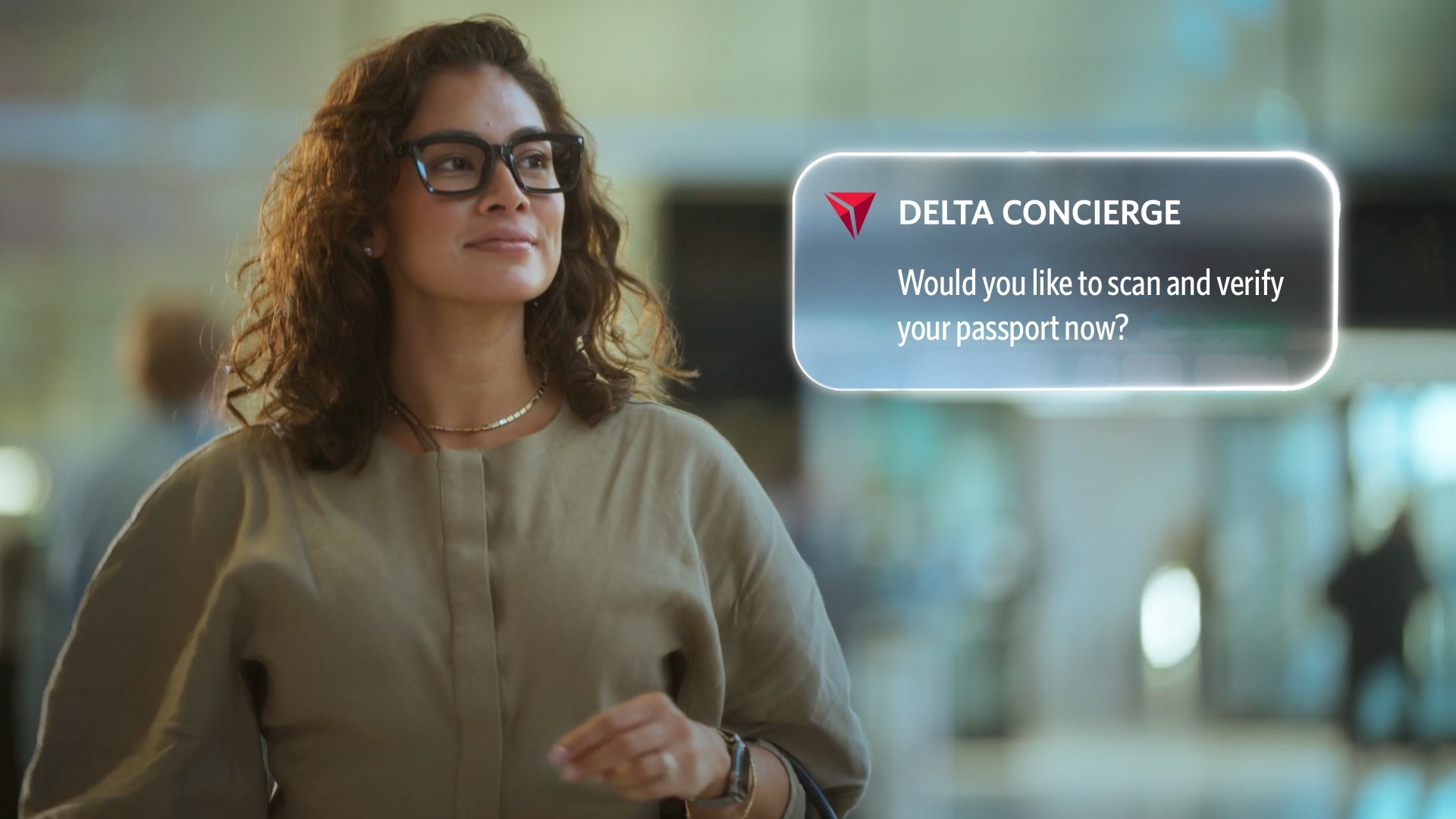
Photo: Courtesy of Delta Air Lines
“AI isn’t just optimizing business operations, but fundamentally rewriting the rules of commerce and consumer experience,” Matt Britton, author of Generation AI, told Fortune. “For consumers, this means the era of ‘fair’ pricing is over. The price you see is the price the algorithm thinks you’ll accept, not a universal rate.”
There are concerns that AI pricing could be discriminatory, used to target low-income and low-information consumers with excessively high prices. Non-profit Consumer Watchdog recently found that AI-driven prices offer the best deals to the wealthiest consumers, while offering the poorest with the worst deals, assuming they have the fewest options.
Ruben Gallego, a Democratic Senator from Arizona, warned on social media that Delta will “use AI to find your pain point” and “squeeze for you every penny.”
“This isn’t fair pricing or competitive pricing. It’s predatory pricing,“ he posted on X this week. “I won’t let them get away with this.”
The federal government prohibits businesses, including airlines, from charging customers different prices based on their gender or ethnicity. But some data gathered and used by AI to set prices, such as ZIP codes or devices used, could be a proxy for gender, ethnicity, and income status, putting these algorithms in a legal grey area.

Photo: Courtesy of Igor Omilaev / Unsplash
But without a public record of all fares sold, it would be difficult to determine if Delta’s AI-pricing were discriminating against consumers illegally.
A spokesperson for Delta told Fortune that the airline “has zero tolerance for discrimination.“
“Our fares are publicly filed and based solely on trip-related factors like advance purchase and cabin class, and we maintain strict safeguards to ensure compliance with federal law,“ they added.
Delta isn’t the only airline using AI
Delta is unique among airlines for being so candid about the use of AI to guide its pricing decisions.
But other airlines have already embraced artificial intelligence for other parts of their business. United Airlines uses generative AI to author communications with travelers about cancellations and delays.
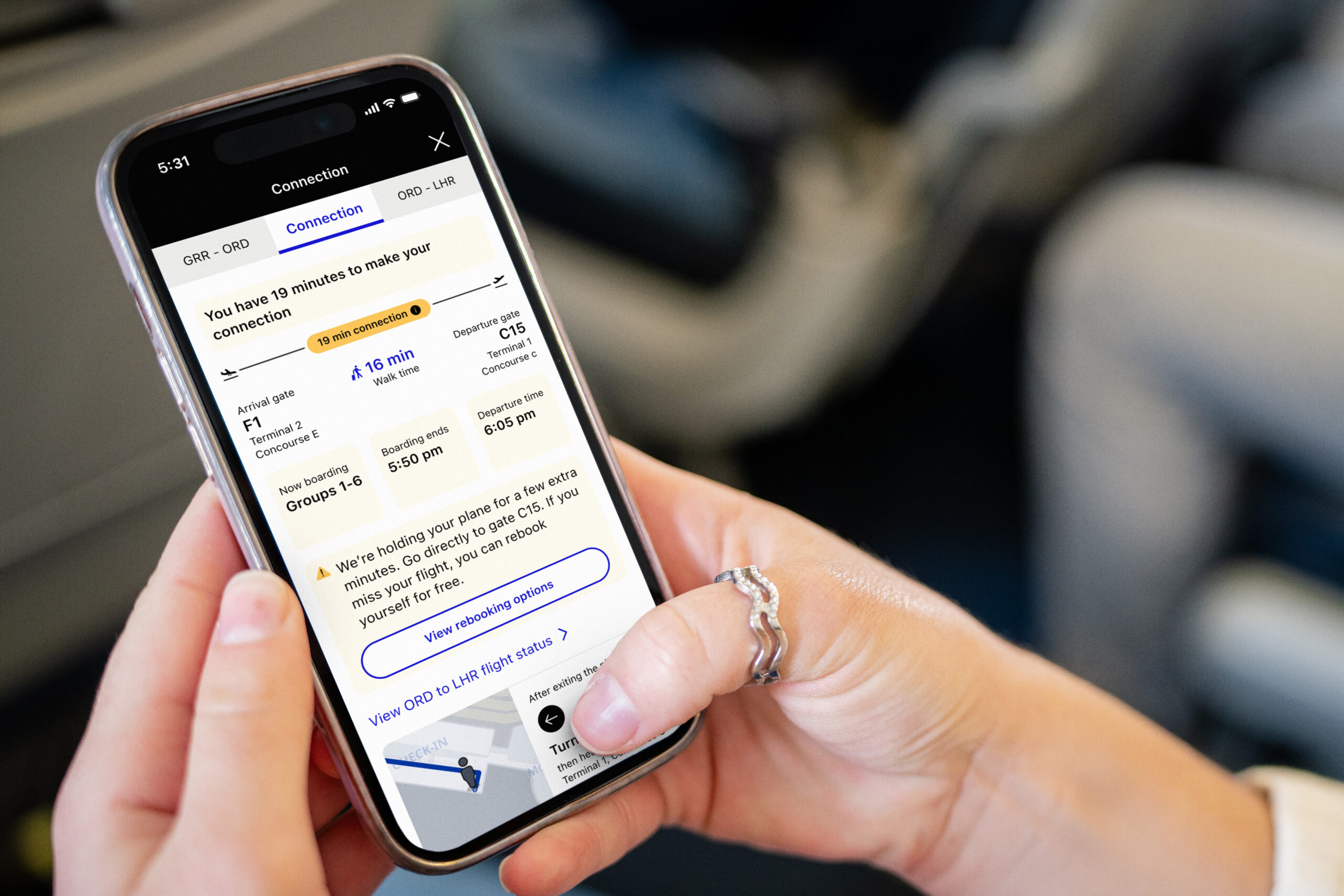
Photo: Courtesy of United
American Airlines has turned to algorithms to predict which travelers might miss flights and has embedded generative AI into existing chatbots that help passengers self-manage their bookings after their flights are disrupted. They could be more quietly using or considering using AI to guide pricing decisions, experts say.
“Personalized pricing has been an airline goal for the past decade and a half,“ travel expert Gary Leff told Fortune. “Delta is the first major airline to speak so publicly about its use of AI pricing, to tout it for its potential upside at its investor day in the fall and to offer concrete metrics around its use in its recent earnings call.”

